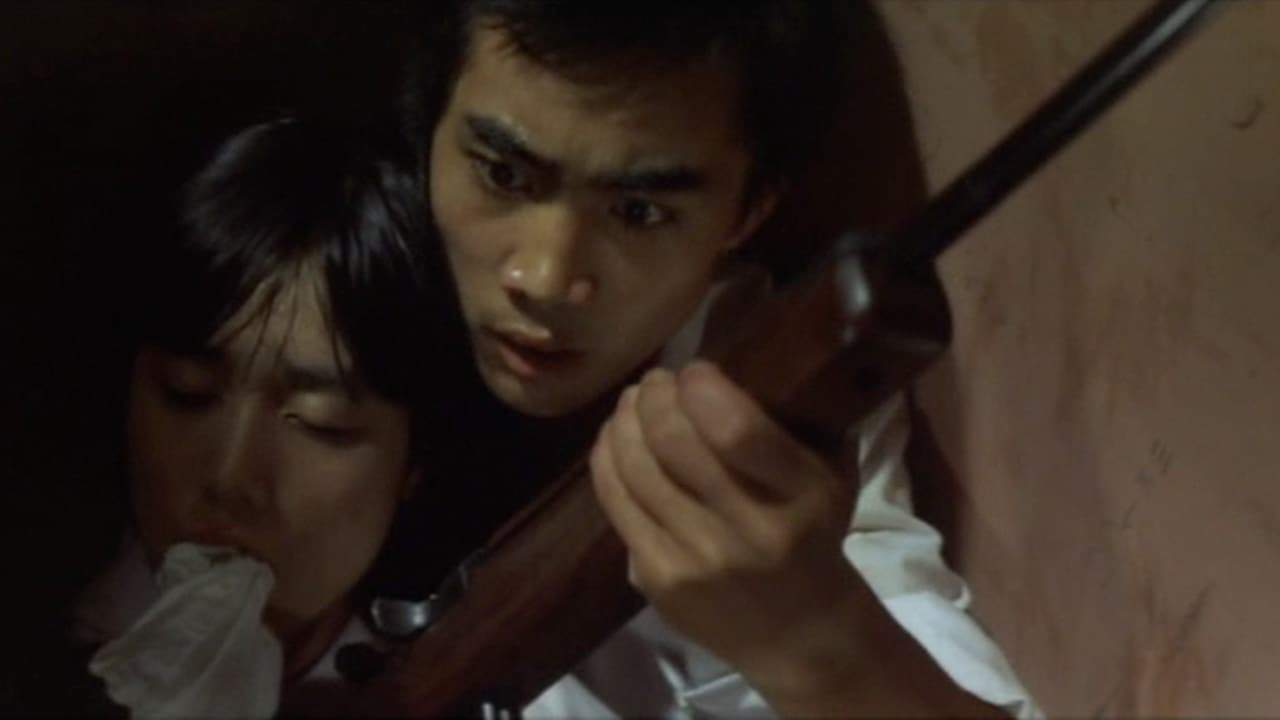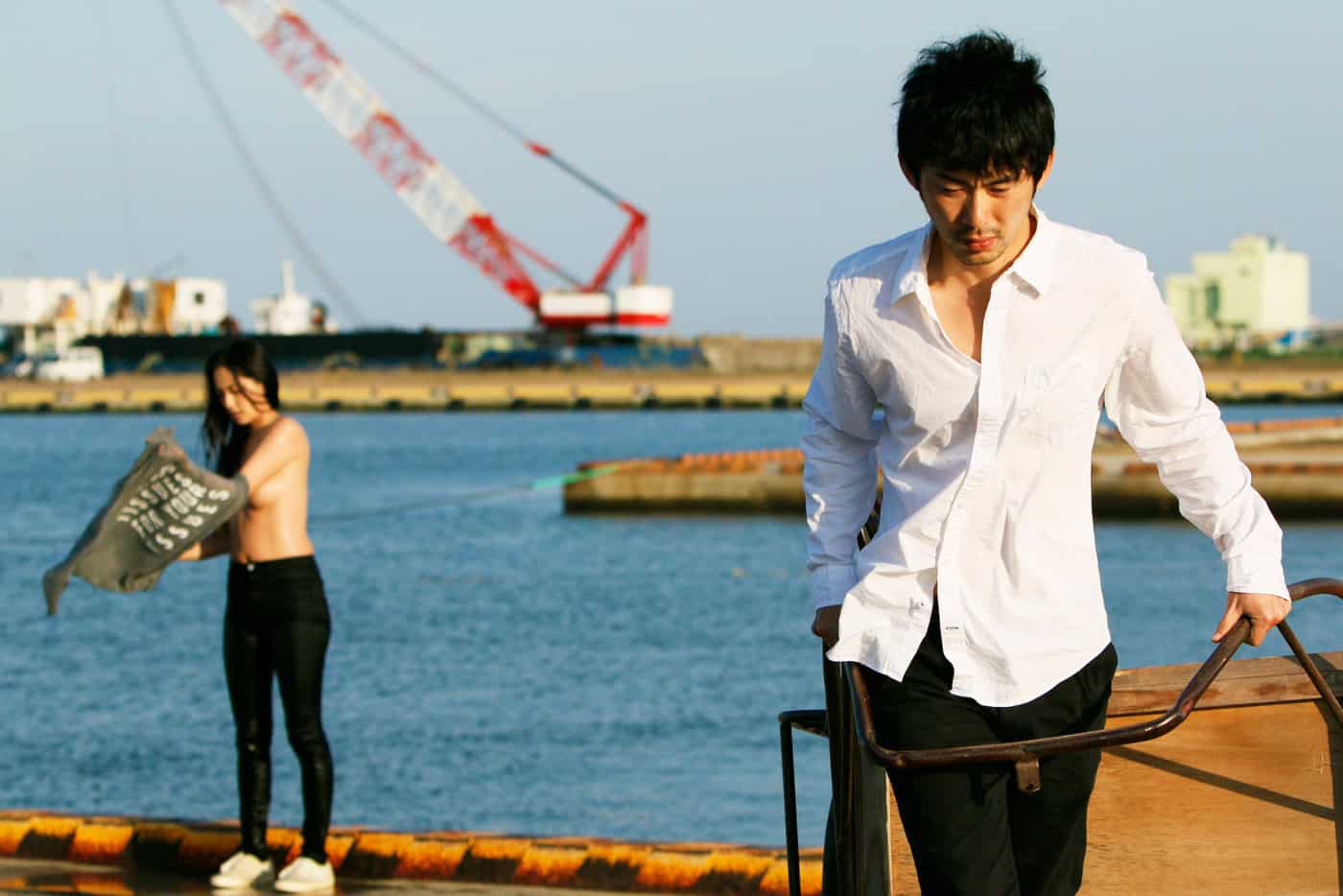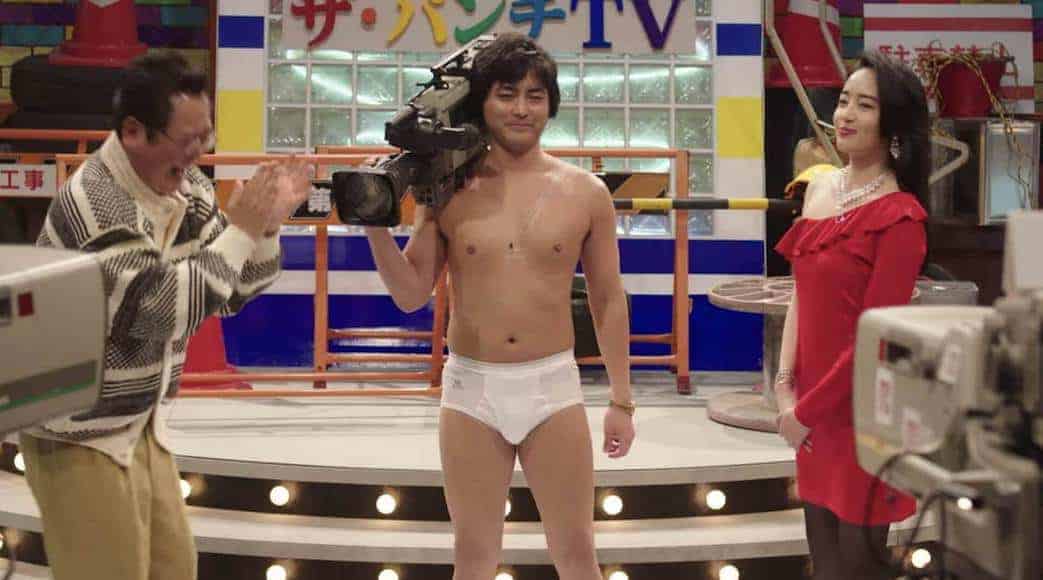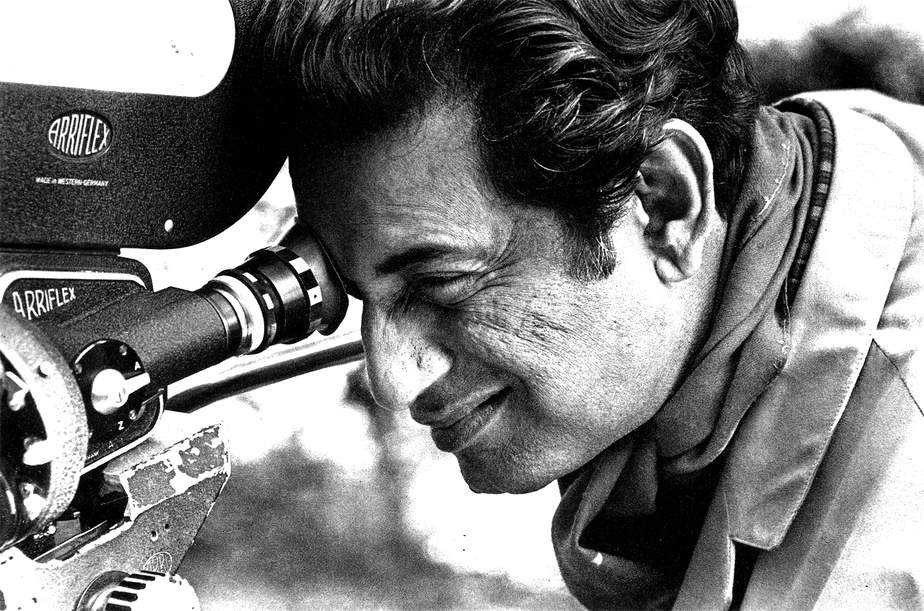The LGBTQ+ voices get louder in Asian cinemas too. Generally, outside specific genres like sex comedies or erotic pictures, sex is rarely approached as a serious issue, unless you really look for it. Here are 5 films of 2019 that have broken the taboo and even taboo within the taboo and have discussed sex, sexual identity or orientation openly. Of course, we still swim in the not-exactly-mainstream waters, but the below listed five films hit several jackpots with bravado. And they are fabulous alternatives for the Valentine Days flick. Well, except for “Kalel, 15”, perhaps. But with the person queer in a fitting way…
The films are alphabetically ordered.
1. Born Beautiful (2019) by Perci Intalan

“Born Beautiful” is a sequel, or rather spin-off, of fabulous “Die Beautiful” (2016) by Jun Robles Lana. Now, the spotlight lights on Trisha's (Paolo Ballesteros) BFF Barbs (Martin del Rosario) and her identity crises. Bearing the traces of Lana's writing, “Born Beautiful” points out the stupidity of “normalizing therapies” and highlights the importance of the warmth of the family.
As Panos Kotzathanasis puts it: “[…] Perci M. Intalan directs a delightful film that uses comedy and Barbs' sash to make a number of comments, particularly regarding the lives of the transgender (people – ed.). […] “Born Beautiful” can be a bit too much occasionally, particularly to the heterosexual eye, but it is a funny, beautiful film, that manages to present its comments through a very fitting hyperbole.” Full review here.
2. Kalel, 15 (2019) by Jun Robles Lana

Yes, we are aware “Kalel, 15” is not exactly an LGBTQ+ film. The reason why it found its place on this list is simple. It debates HIV, a disease so often linked with homosexuals and bisexuals. Forget the pastels and sass, “Kalel, 15” is shot in stark black and white. In the same stark manner, it presents the story of 15 years old Kalel who is HIV positive and of his friends and family background. It brings back memories of “Kids” (1995) by Larry Clark. And the sole deja vu more than 20 years later sends chills down the spine.
In the words of Marina D. Richter: “[…]“Kalel, 15” is a social drama that addresses several issues at the same time: the stigma surrounding HIV, the carelessness with which the youth in the Philippines approaches sex, the heavy-weight consequences of growing up with a troubled parent and the Christian double moral.
Jun Robles Lana has shot the film based on his own script, and it's an accomplished piece of writing with very little to complain about, except that the bridge between the dysfunctional family members is built only half-way. Strangely enough, film's narrative doesn't get damaged and the holes are being patched by the interesting framing and excellent ensemble cast, particularly concerning the choice of Elijah Canlas for the titular role.” Full review here.
3. Lingua Franca (2019) by Isabel Sandoval

A subtle film that gently but surely gets under your skin. Yes, that is “Lingua Franca”, a story of a Filipino trans woman, immigrant care-taker Olivia (Isabel Sandoval). Besides the issues related to Olivia's social status, the film opens about trans women as sexually active human beings.
And again, Panos Kotzathanasis: “It is always a pleasure to watch films that deal with the LGBT community with realism, taste, and without oversexualizing things and Filipino Isabel Sandoval (a transgender woman herself) has managed just that with “Lingua Franca”, a film that goes much further than just dealing with the particular issues.” Full review here.
4. Queer Japan (2019) by Graham Kolbeins

“Queer Japan” looks at the LGBTQ+ communities in Japan now and in the past. It opens about a variety of sexual identities, sexual orientations, and sexual fetishes, talks about legal norms and social norms alike. It also explains, clarifies, and de-exoticizes. You might wonder why “Queer Japan” and not “My Father, the Bride” (2019) by Momoko Fukuda. This was tight but “Queer Japan” is more direct and the person in charge of this list likes it a bit more. Moreover, we should not sideline documentaries (as we did to shorts).
Talking about the person in charge, here's what she said about “Queer Japan”: “Kolbeins keeps the narrative smart, with an effortlessly steady pace. “Queer Japan” moves among the subject matters seamlessly and links the protagonists by the topics. All that while going not only into the wides but also looking deeper into the impacts they (might) basically everyone. The protagonists themselves have many insights to offer and are open to sharing them.” Full review here.
5. Suk Suk (2019) by Ray Yeung

A year after Philip Keung slipped in a lacey corset in “Tracey” (2018) by Jun Li, Hong Kong opens the queen of forbidden doors. Not only is it a love story between two men, moreover those two men are old. And we don't mean Andy Lau or Aaron Kwok old. Pak (Tai Bo), a stubborn taxi driver, is 70 and Hoi (Ben Yuen), a retired single father, is 65. And they have sex.
We cannot offer you a review yet. But it is in progress, as both, Berlinale and Cinema Asia included “Suk Suk” in their 2020 line-up.
Let us know what LGBTQ+ of 2019 (or ever) knocked your socks off. We hope to bring you more ideas in the months to come.














